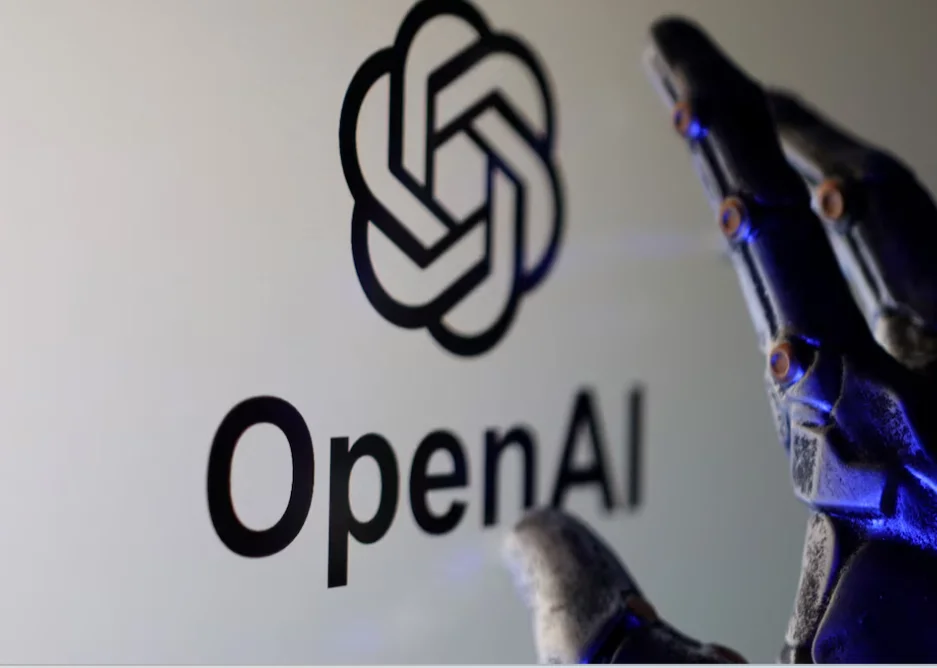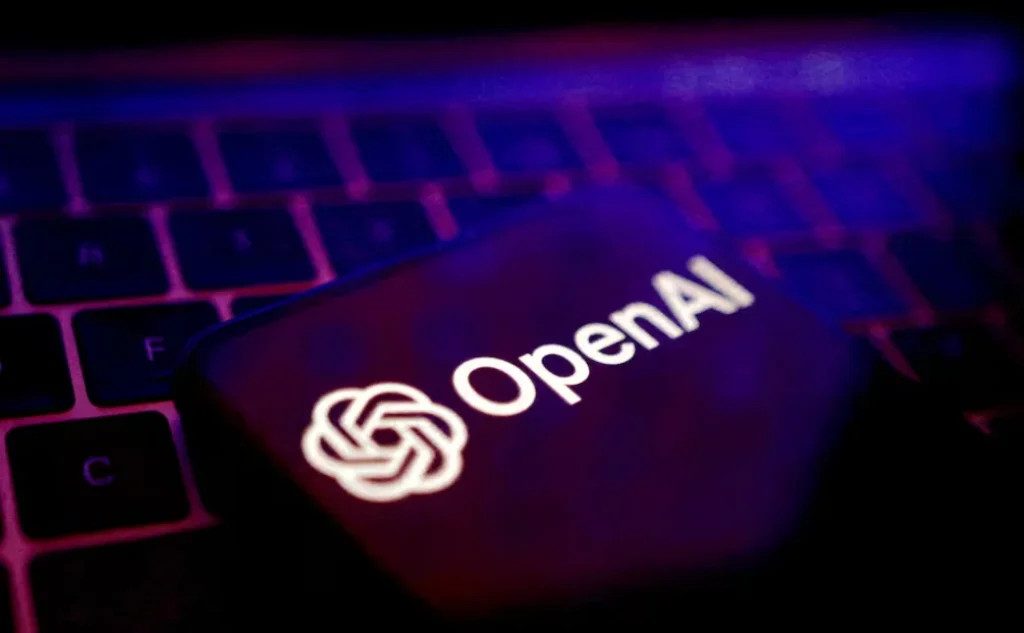OpenAI has partnered with Google Cloud to meet its growing needs for computing capacity, marking a surprising collaboration between two prominent competitors in the artificial intelligence sector. The deal, finalised in May, will provide OpenAI with additional computing capacity to train and run its AI models.
Key Points:
- Deal Overview: OpenAI plans to add Google Cloud to its existing infrastructure, reducing its dependency on Microsoft, whose Azure cloud service was the exclusive data centre infrastructure provider until January.
- Computing Capacity: Google Cloud will supply additional computing capacity to OpenAI’s existing infrastructure for training and running its AI models.
- AI Rivalry: The partnership comes as OpenAI’s ChatGPT poses a significant threat to Google’s dominant search business, with Google executives saying the AI race may not be winner-take-all.
Benefits for Google
The deal is a win for Google’s cloud unit, which will supply additional computing capacity to OpenAI. This partnership demonstrates Google’s ability to capitalise on its in-house AI technology and accelerate the growth of its cloud business. Google Cloud has positioned itself as a neutral arbiter of computing resources, attracting customers like Apple and startups like Anthropic and Safe Superintelligence. ³
Implications
The partnership between OpenAI and Google has significant implications for the AI industry. It highlights the growing demand for computing capacity and the need for companies to diversify their compute sources. The deal also raises questions about the competitive dynamics between Google and OpenAI, particularly in the search business.
Revenue and Growth
OpenAI’s annualised revenue run rate surged to $10 billion as of June, positioning the company to hit its full-year target amid booming adoption of AI. Google Cloud’s sales comprised 12% of Alphabet’s 2024 revenue, with $43 billion in sales.








